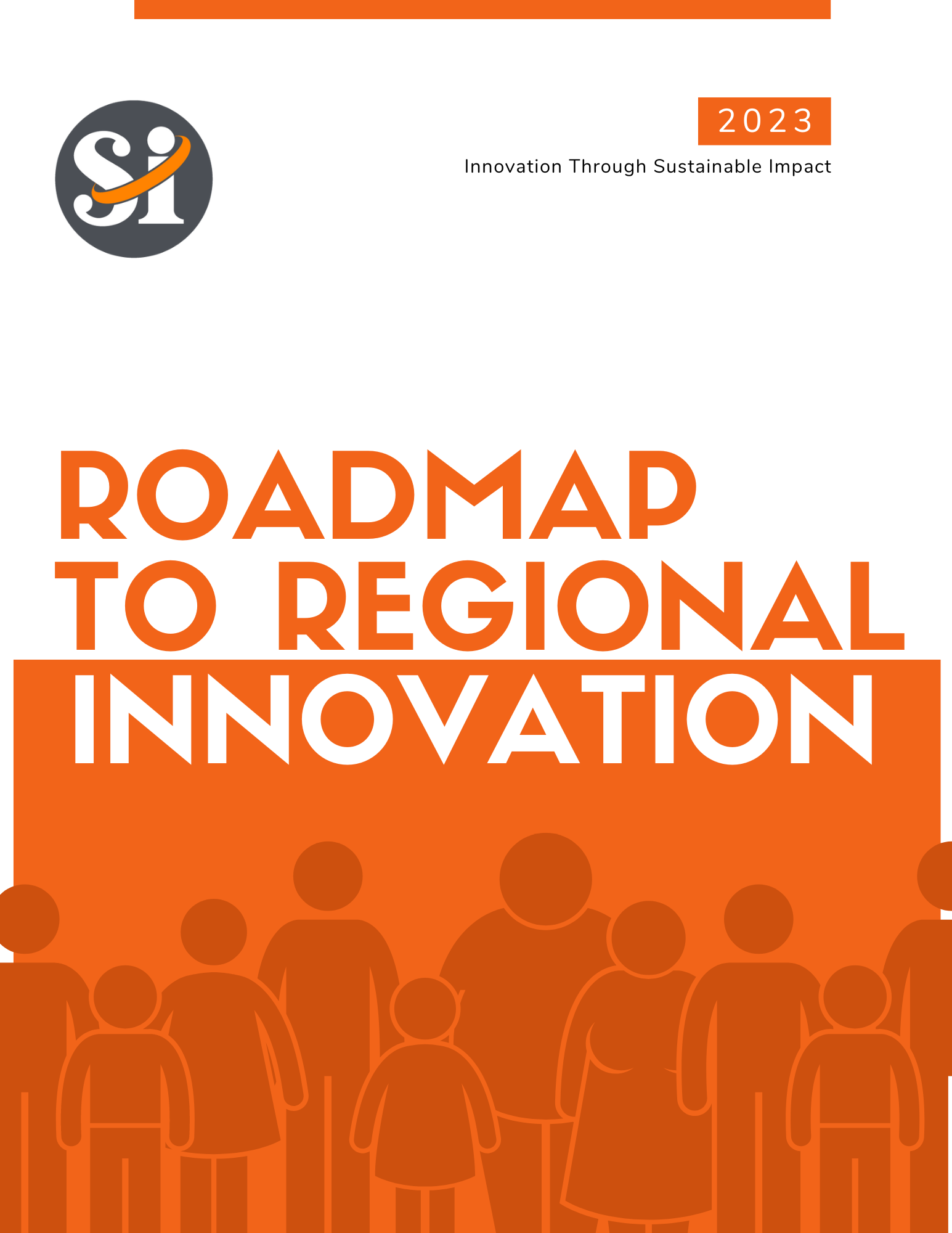Theory of Change
Sustainable Impact Foundation (SIF) is committed to helping decentralizing our ability to innovate, so that we can tackle local, regional, and global challenges effectively. A crucial part of this commitment is our Theory of Change, a core component of our strategy for large-scale social change. This theory outlines our strategic intent, guiding our actions and maximising our impact by clearly identifying our tasks, our anticipated markers of progress, and the projected pathways to achieving our goals.
Our Theory of Change is predicated on collective assumptions about how we can catalyze and influence systems change. It highlights our belief in the power of decentralized innovation and its potential to drive profound shifts in systems and structures at all levels. By making these assumptions explicit, we ensure that all those involved in SIF’s work share a common understanding and alignment with our strategic intent.
SIF’s Theory of Change also acts as a blueprint for effective cross-border knowledge sharing and collaboration. It outlines our expectations for how open exchange of ideas and collaborative efforts can accelerate innovation and help address pressing social challenges. It forms the basis for our measurement, experimentation, and learning efforts, allowing us to test our assumptions and adapt our strategies as necessary.
In a complex and unpredictable world, where the environment can influence our strategies and their implementation in unexpected ways, our Theory of Change is an essential tool for us. It serves as a compass, constantly pointing us towards our goals, guiding us in making necessary adaptations, and illuminating opportunities for meaningful measurement. It ensures that we stay focused on our mission: to empower local and regional innovation ecosystems, catalyze systemic change, and foster effective cross-border collaboration and knowledge sharing for a sustainable future.
LONG TERM IMPACT
SIF envisions a world where the ability to innovate is decentralized and inclusive, enabling communities around the globe to tackle their unique challenges and opportunities. This long-term impact will entail local capacity building and empowerment, digital equity, and robust cross-border knowledge sharing and collaboration.
5-year goal
SIF aims to have operational and sustainable models of localized innovation in multiple regions across Canada and internationally, with the foundations laid for scaling these models. The goal is to reach a tipping point where this approach to localized, inclusive innovation becomes the standard practice.
10-year goal
SIF aims to be a global leader in systemic change, with our models of localized innovation successfully implemented in diverse ecosystems worldwide. Our goal is to foster a dynamic global network of empowered, inclusive, and innovative communities, effectively addressing their unique challenges through collaborative efforts. We envision widespread adoption of our principles of decentralization, digital equity, and inclusivity, driving measurable improvements in global sustainable development.
Inclusivity
At SIF, inclusivity is a cornerstone of our operations and programs. Our practices are designed to invite, encourage, and support the contributions and participation of everyone — especially those directly affected by the systemic issues we aim to address and those who have been traditionally excluded from the innovation and systemic change process. We believe that the most effective solutions come from diverse perspectives, and we are committed to ensuring all participants, regardless of their background, have the power to influence decisions and actions.
Equity
Equity is a fundamental value at SIF. We strive to create conditions that ensure individuals and communities who have historically been excluded or oppressed have clear roles and authority in the systemic change processes that affect them. This approach to “advancing equity” includes addressing disparities related to access to resources, quality of services, and public or organizational policies. By fostering equitable conditions, we aim to achieve fair treatment, opportunity, and outcomes for all rights- and stakeholders, regardless of their socioeconomic background or geographical location.
Phases of Development
Phase 1
Develop localized innovation models within Canada, with a focus on digital equity and inclusivity.
Phase 2
Refine and scale these models within Canada, and lay the groundwork for global scaling. Enhance cross-border knowledge sharing and effective collaboration mechanisms.
Phase 3
Scale the localized innovation model globally, with ongoing refinement based on each region's unique context.
We develop models together with ecosystem rights- and stakeholders to build and foster ecosystems for innovation;

So that these rights- and stakeholders are empowered with the necessary tools and resources to identify and address systemic structures contributing to complex social issues and wicked problems;

So that through this approach of systems change, we can help transform the established innovation ecosystem, rooted in principles of inclusivity and participation, reflecting diverse voices and interests;

So that this systemic transformation paves the way for a more sustainable and equitable society, addressing social and environmental imbalances;

So that by fostering such inclusive and transformed ecosystems, we ensure the integration of diverse perspectives in confronting regional and global challenges;

So that ultimately, this collaborative approach equips us with the collective impact and capacity necessary to effectively address pressing global societal and environmental challenges.
Our Roadmap to Regional Innovation will be available soon.
Mangrove Virtual University
Mobilizing youth for urgent climate action
CTU Connecting the Unconnected
The IEEE Connecting the Unconnected Challenge is a new, global IEEE competition that solicits solutions from start-ups, grassroots organizations, universities, or anyone else that is working to bridge this digital divide in innovative ways.
Multistakeholder Collaboration through Collective Impact
Since 2011, Tamarack has collaborated with colleagues in Canada, the United States and internationally as a co-catalyst in advancing Collective Impact as a framework for community change.
21st Century Learning
Finnish education system: a success story rooted in humility
Work With Us

We acknowledge the land we live and work on is the traditional territory of many nations including the Mississaugas of the Credit, the Anishnabeg, the Chippewa, the Haudenosaunee and the Wendat peoples and is now home to many diverse First Nations, Inuit and Métis peoples. We also acknowledge that Toronto is covered by Treaty 13 with the Mississaugas of the Credit. Because we work with individuals and organizations worldwide, we’d like to extend this acknowledgement to all those who have historically stewarded and nurtured the lands we live, work, and play on today.


